Regional Convention & Visitors Bureaus throughout the state are faced with the question of whether or not to increase their room assessment, also known as a “Bed Tax” from 2% up to 5%.
What’s the impetus behind this proposal? And what do our local CVBs plan to do? Here’s what I discovered.
The Facts on Bed Tax
If you’ve ever studied your bill after checking out of a hotel in other Michigan cities of a similar size you’ll notice a 2% fee in addition to sales tax. This is the room assessment, casually referred to as a Bed Tax. This fee is collected by lodging properties with 10 rooms or more, throughout Michigan. The purpose is to create a source of income to be spent on tourism marketing efforts, which in turn benefit the travel and tourism industry.
So, what’s the difference between an assessment and a tax? A very important distinction: A tax is levied on the public as a whole, and therefore must benefit everyone. An assessment is imposed on a specific group, who in turn receive the benefits. In 1984 Michigan Public Act 59 set the room assessment rate at 2%. A figure which has been in place ever since. To change this rate requires an amendment to the legislation. Which is exactly what happened last autumn. This amendment passed into law on December 5, 2010.
Travel Michigan, the State department responsible for the program, issued a referendum to allow districts the opportunity to increase their rates from 2% up to 5%.
Benefits of a Rate Increase
I first learned of this proposed increase at a recent meeting of the Grand Traverse Area Hotel Motel Association. Brad Van Dommelen, President of the Traverse City Conventions & Visitors Bureau, spoke to the members about the reason for the proposed increase and what the CVB would like to do with the funds.
Traverse City Convention & Visitors Bureau recommendation is to increase the assessment to the maximum amount allowed of 5%. Their goals for the increase include:
- Enhance their group sales effort to attract more regional and national associations
- Create a year-round marketing effort with ongoing campaigns in major focus cities
- Partner with Travel Michigan to create a national “Pure Michigan” ad specifically promoting Traverse City
By law, the majority of the room assessment must be spent on marketing.
According to Van Dommelen, while some funds go to operational costs, and improving group sales may require additional staff, “the vast majority of the increase will be spent on ad buys.”
Five years ago, the TCCVB spent approximately $40,000 on advertising and promotion. Last year this number was $660,000 on ad buys alone. A 3% hike in room assessments would mean a huge increase in purchasing power for the region.
What Does This Mean for Traverse City Travelers
If the proposal passes, guests staying in Traverse City hotels will pay a 5% room assessment, and 6% sales tax, for a total of 11% at the bottom of their bill. TC visitors currently pay 8% total. On a $100 room, the increase amounts to less than the cost of a latte. And for these few dollars per room, they can strengthen the marketing initiative that puts diners in restaurants, cars at the pump, tasters in wineries and golfers on the greens. We all know this is a beautiful destination. Perhaps we just need to a louder voice to let everyone else know.
Hotel Reactions
The Grand Traverse Area Hotel Motel Association announced their support of the proposed increase at the February meeting. According to Jonathan Pack, GTAHMA president, “The board is cautious of any assessment increase, but our focus is on national advertising that would show off Traverse City’s many new national awards, like Top Ten Beach Town (awarded by AOL Travel), Top Ten Fall Color Town (awarded by Tripadvisor.com), and Top Ten Wine Town (awarded by USA Today). Without the increase to the maximum amount of 5%, the capital needed to do a national campaign would take many years, and the recent awards would be relatively old.”
Pack’s sentiment was echoed by many of the hoteliers I spoke with at the meeting, and since. When asked about their reactions to the proposal, so far, everyone’s response has been positive.
Bryan Moore of the Courtyard Marriott is in favor of the increase as a means for remaining competitive. “So many small communities have jumped on and increased rates. We don’t want to be lost or left behind.”
The travel and tourism industry is a competitive market. There’s a sense that the communities out spending money on advertising are the ones who reap the rewards with more visitor traffic.
Jeannie LaBonte, at the North Shore Inn, is also in favor of the increase. “Whatever we can do to bring people up to Traverse City. It’s important.”
But in the end, it is up to each and every property in the district.
Approval Process
In order to make the change each lodging property with 10 or more rooms, receives a ballot. The hotels must approve the referendum by a simple majority. Each property receives one vote per room. The ballots are sent back to Travel Michigan, where they are counted and verified by a separate agency.
The Traverse City CVB began this process early this year. Ballots were due back to Travel Michigan on February 28th. The results of the proposed increase should be known by the middle of March.
If the proposal is approved the new rate will begin on April 1, 2011.
Where do Other Communities Stand
Since I work with many businesses and properties in Benzie County I spoke with Mary Carroll, the Executive Director of the Benzie Area CVB, to find out about their plans.
Mary explained, “We are supportive of the legislation that allows this to take place. But our board has decided not to increase at this time.” She explained their board is comfortable with the current assessment and the ways they are utilized for marketing. Even a two percent increase would double their budget. But they wonder, “If we had 50% more money, does that mean we can bring 50% more visitors to the area?”
The law passed on December 5, 2010, which allows each district the option to increase its room assessment up to 5%. Since that time several communities throughout the state have started this referendum process, including Holland, Sault Ste. Marie and Marquette, some of which have completed their approvals.
By the end of the month, we’ll know if Traverse City will have more funds to spend on marketing.
“We’re a four seasons destination. And we need marketing out there promoting us in all four seasons. Our product is gorgeous. I truly believe this is what we need to move us forward.”
— Brad Van Dommelen
Resources:
For more information on the history of this legislation and Michigan assessment districts check out the Destination Marketing Organization Manual for Michigan Assessment Districts.

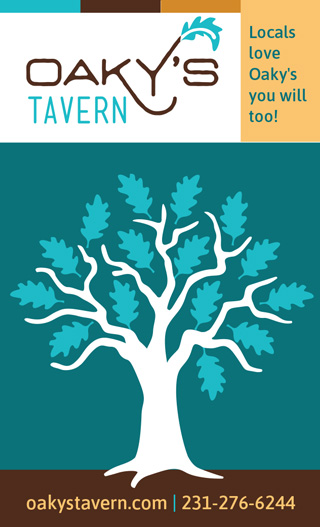
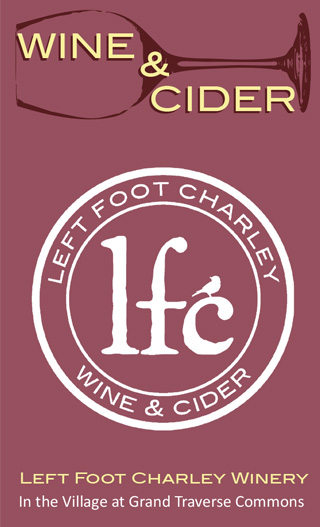




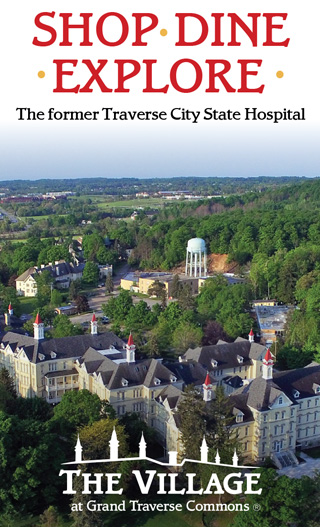





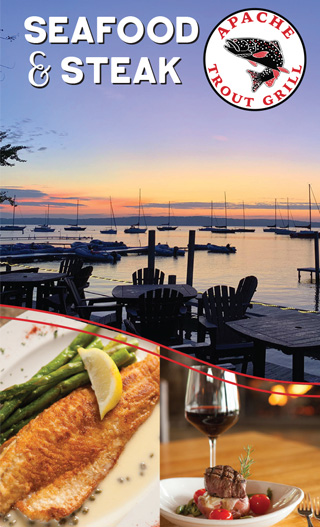




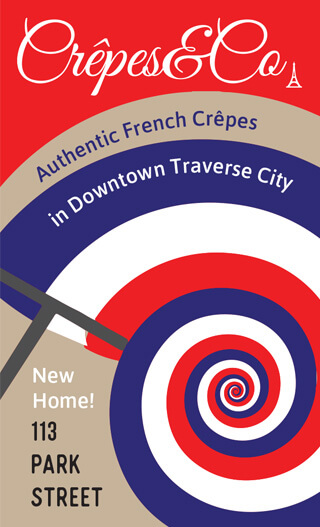


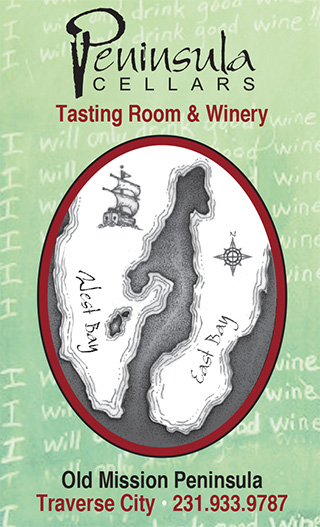


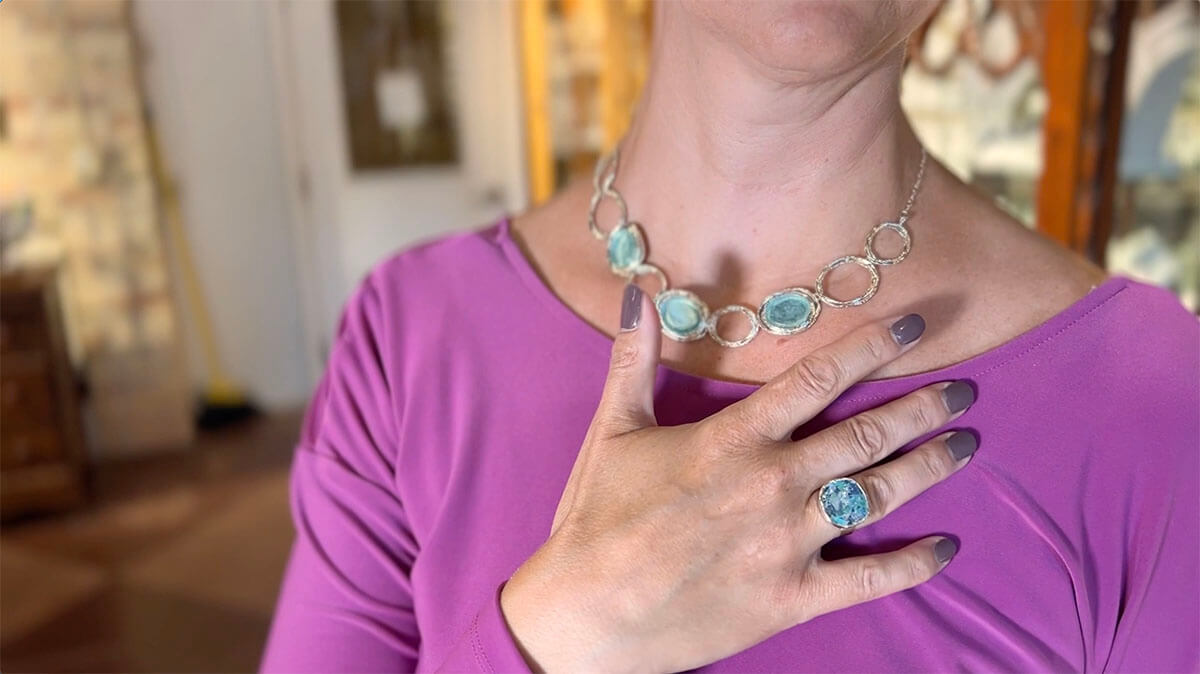

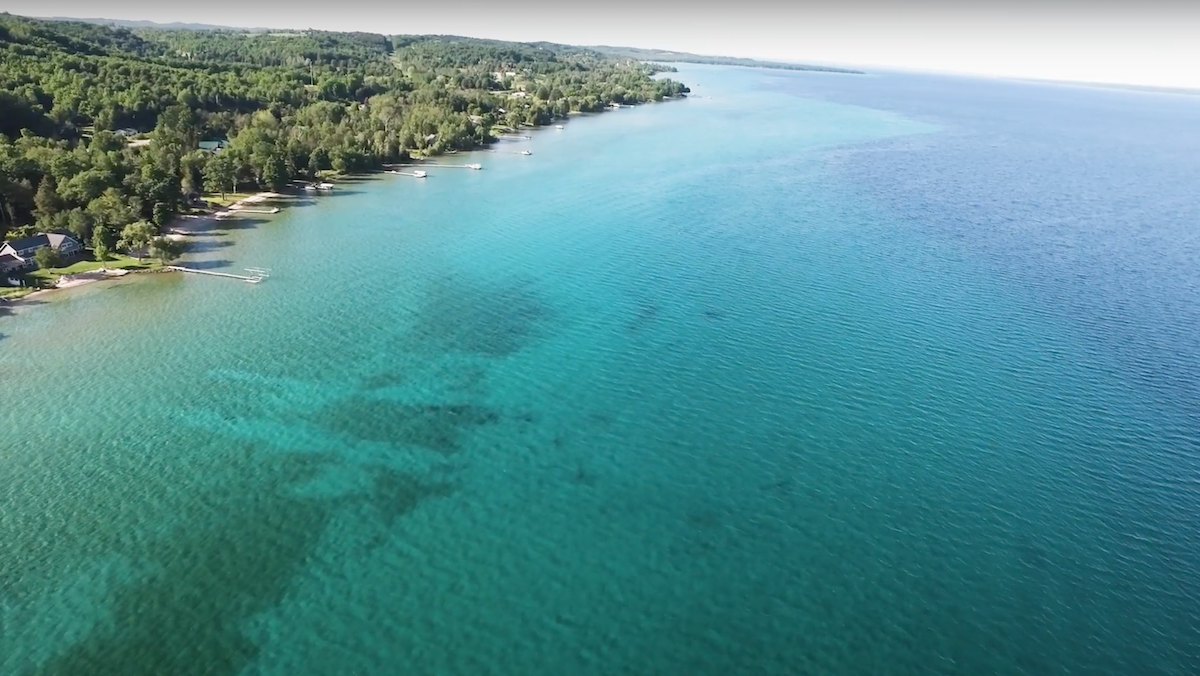
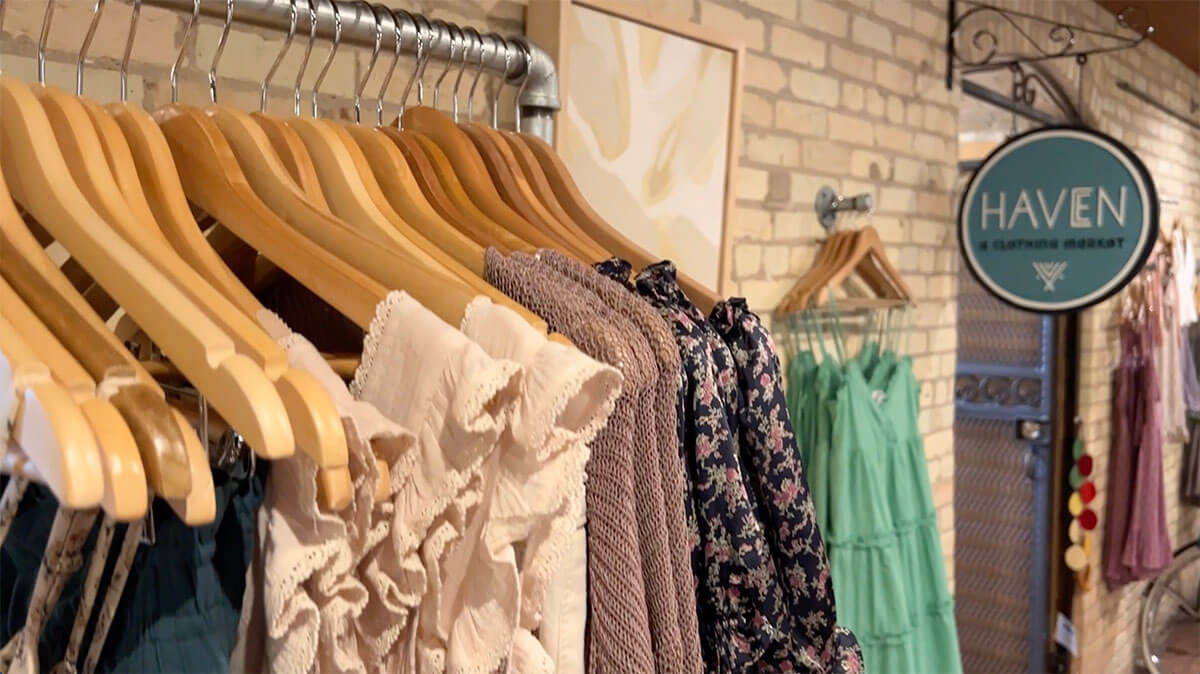
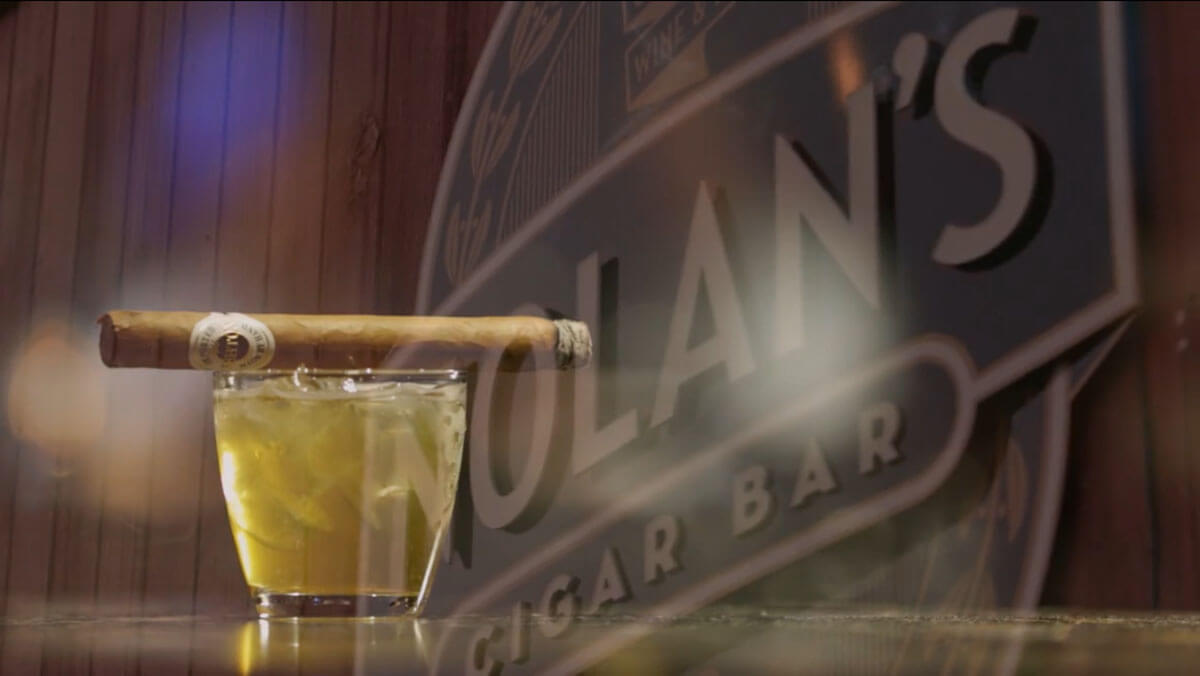

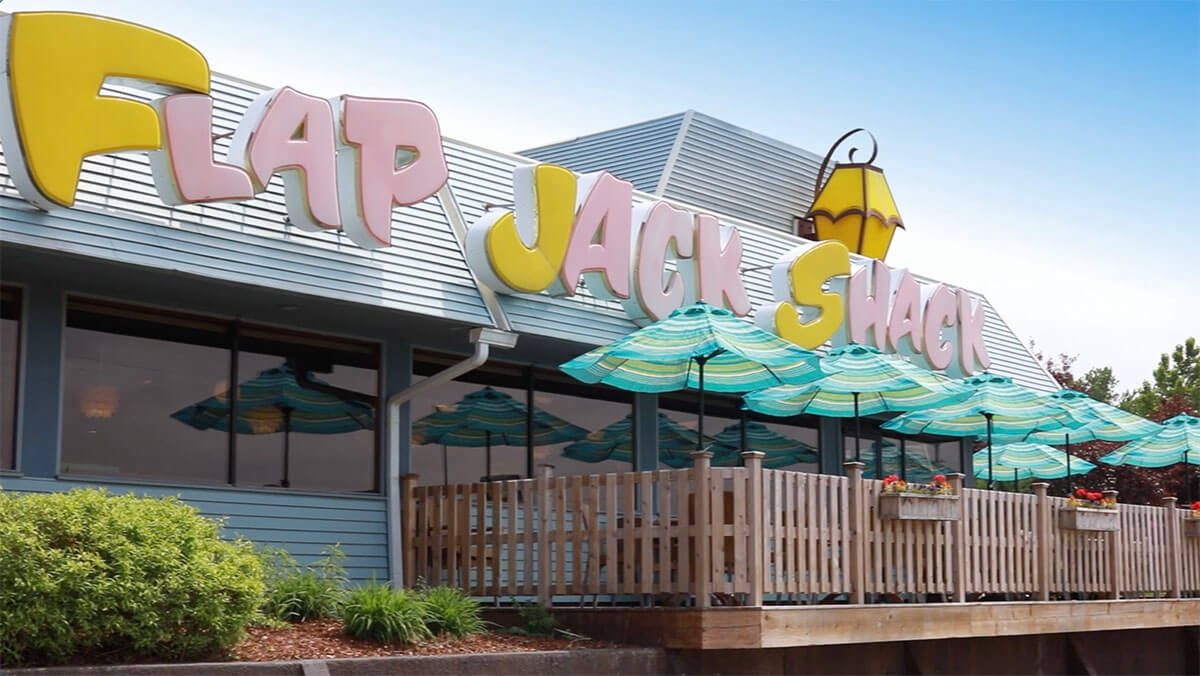


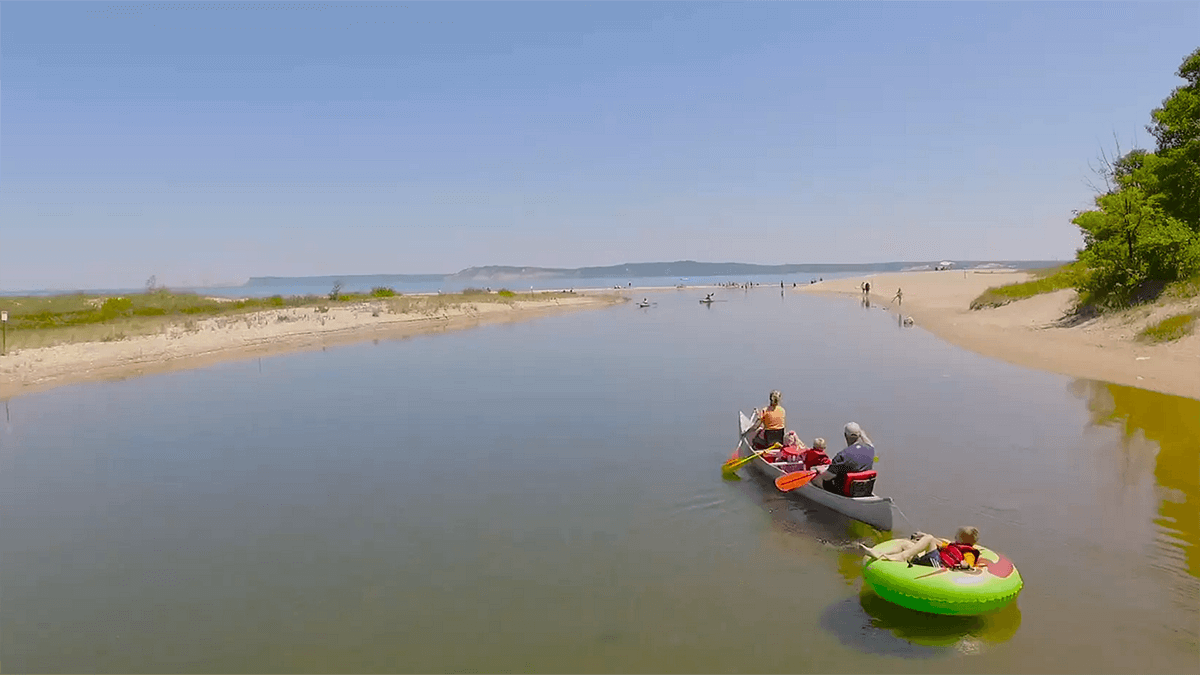
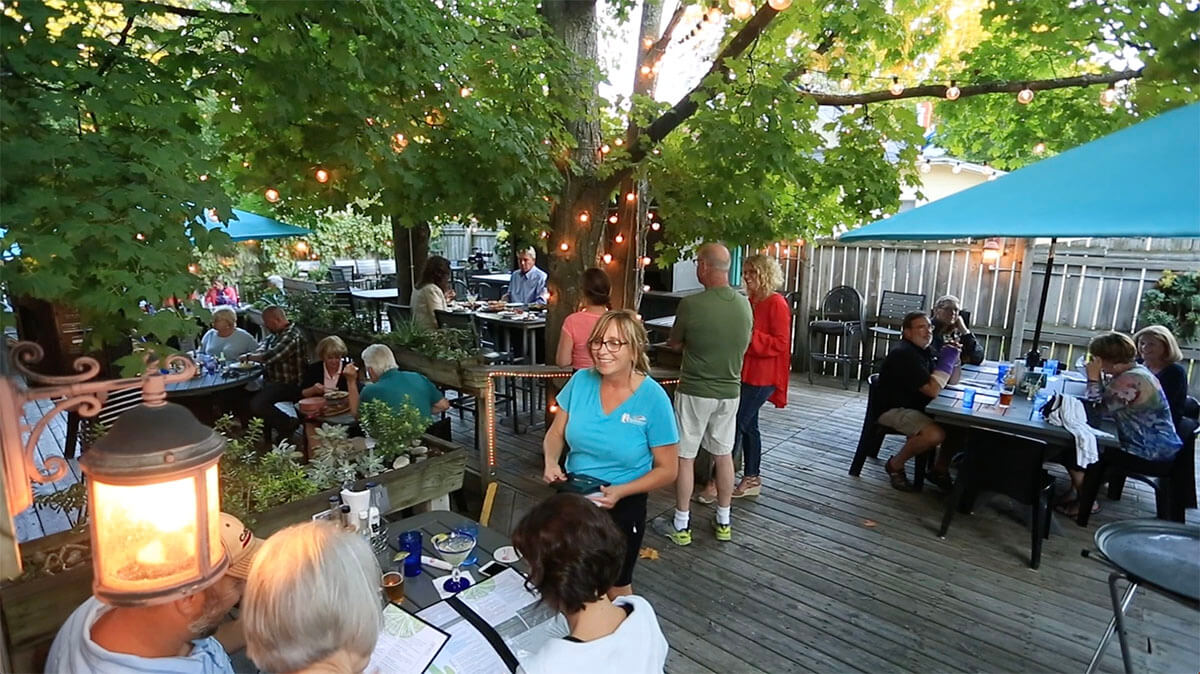
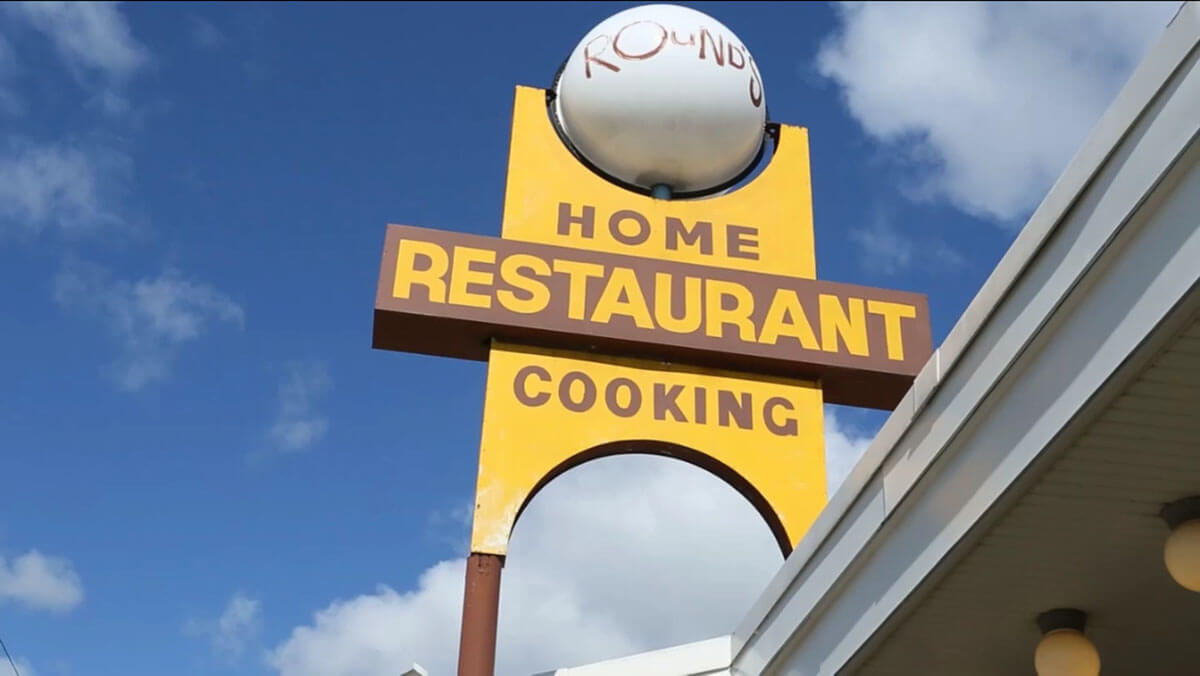
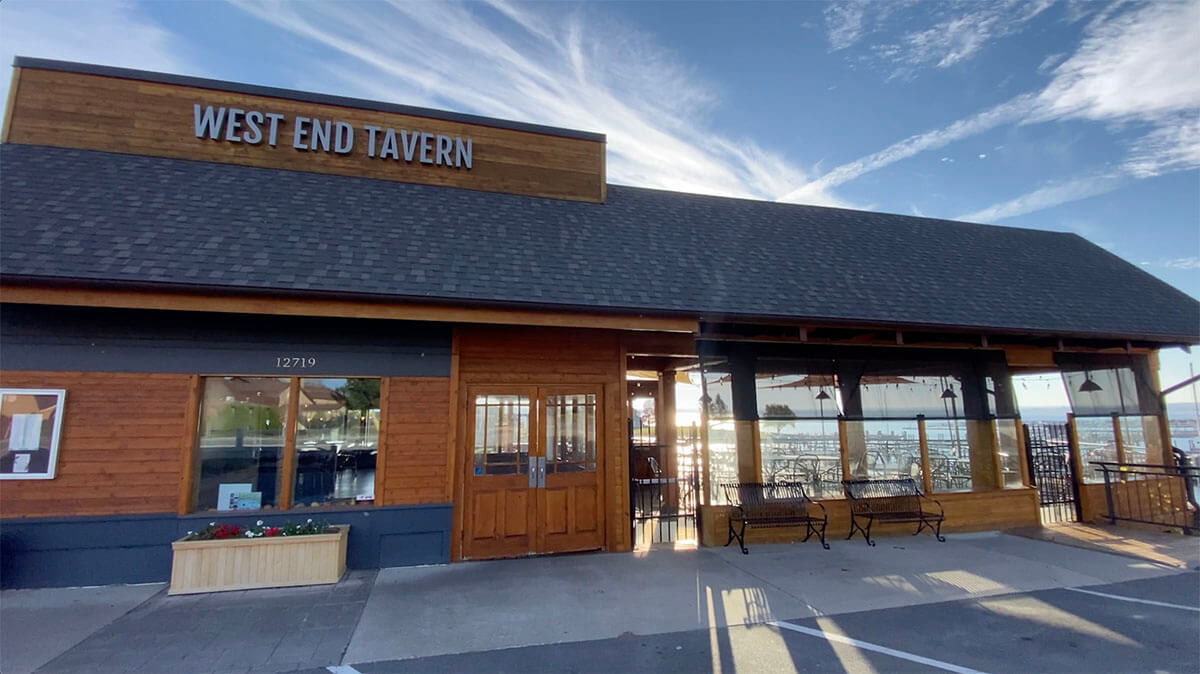
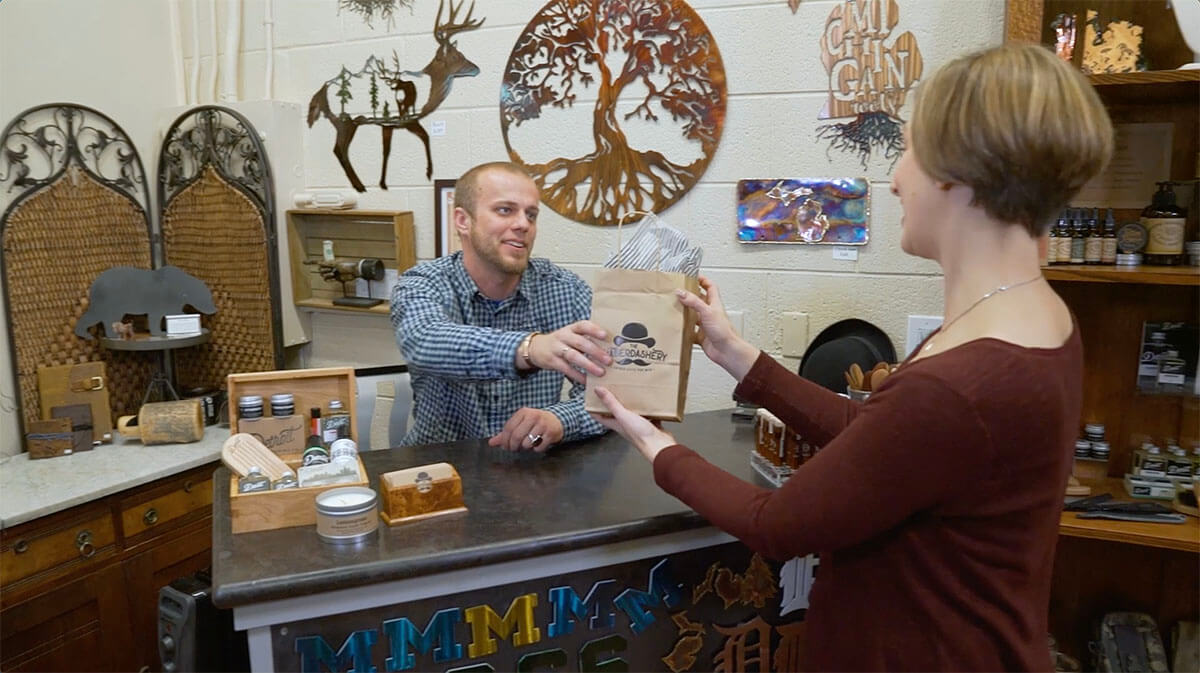
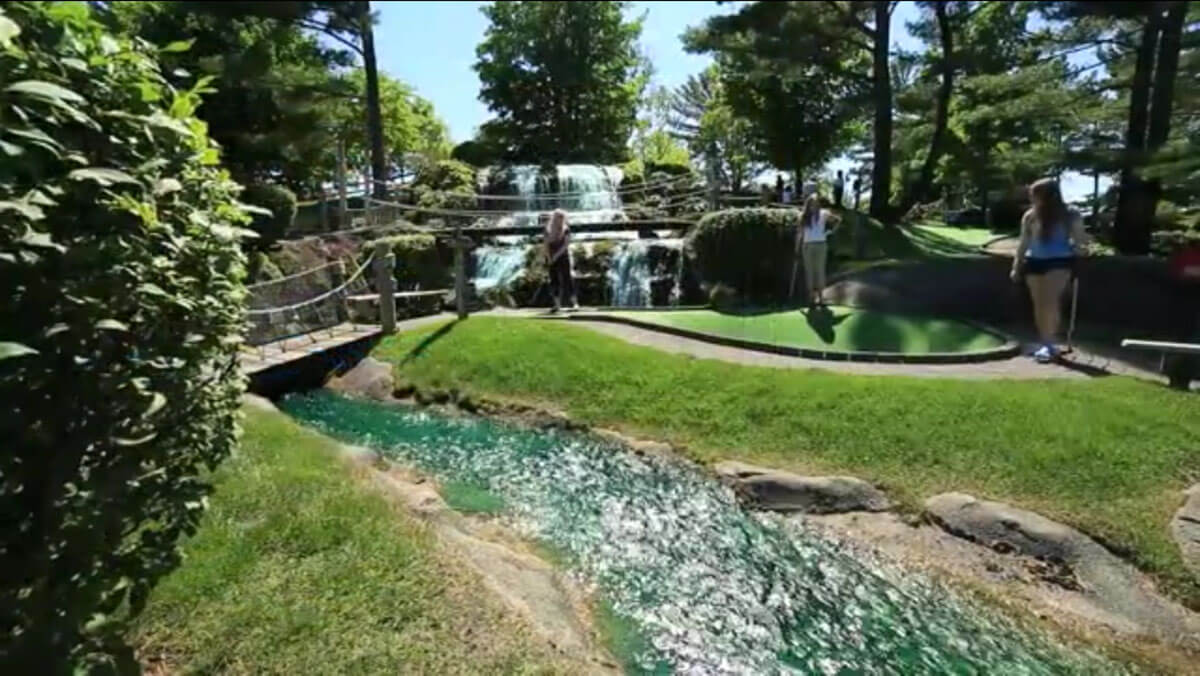


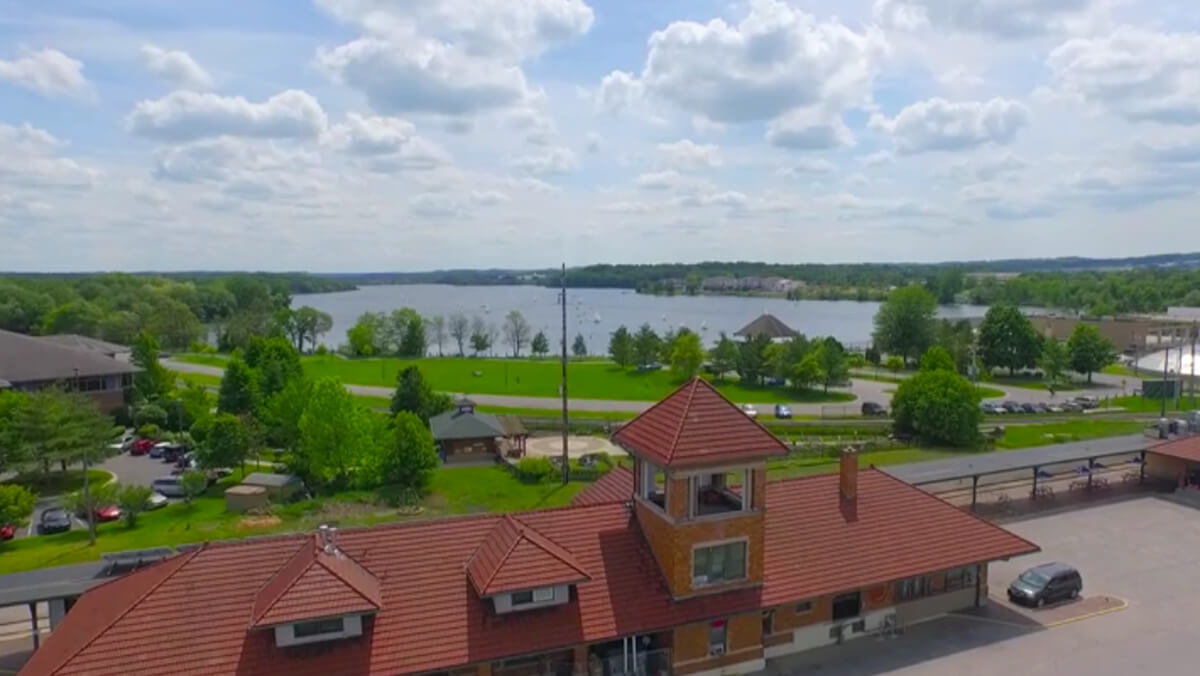
Get Social